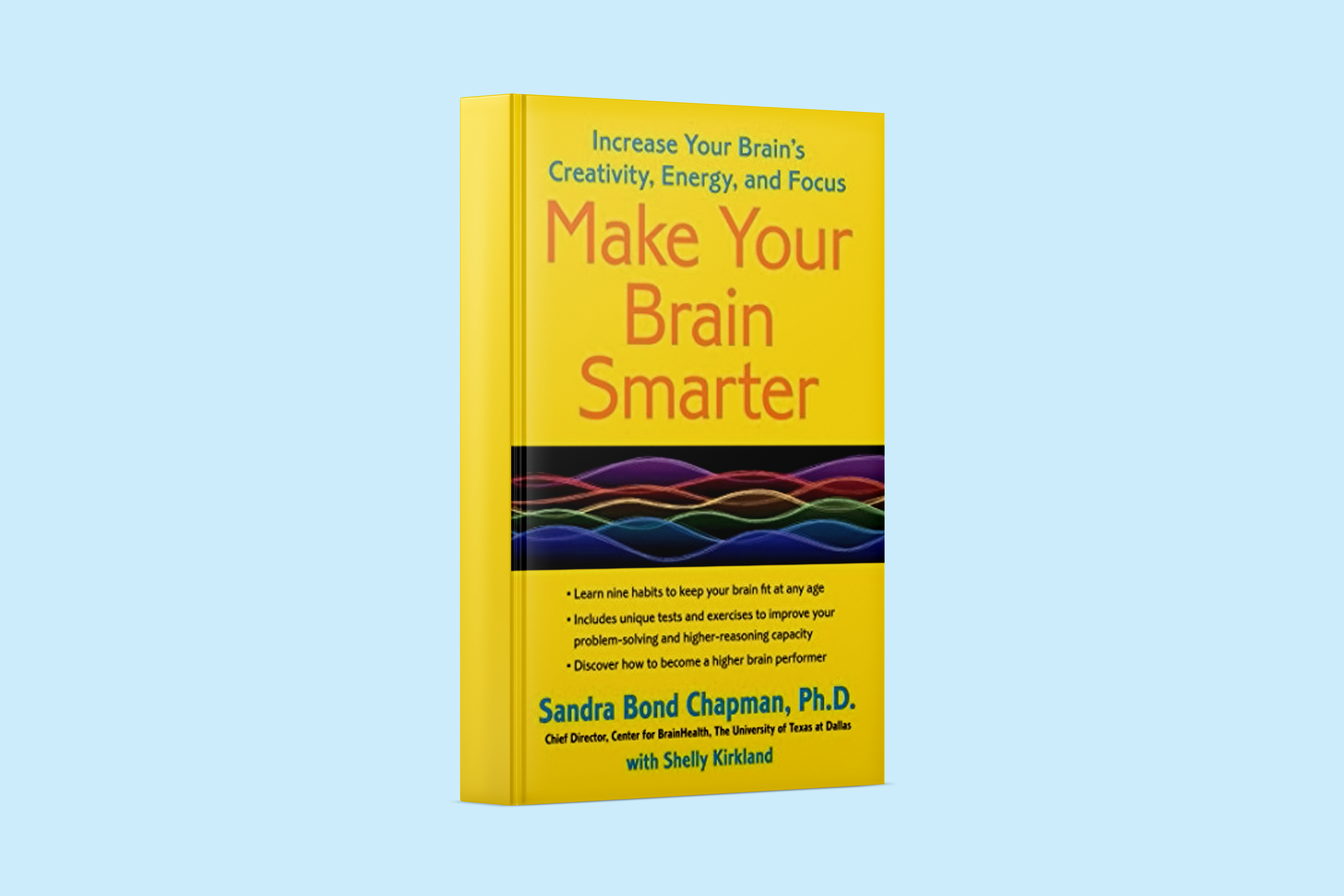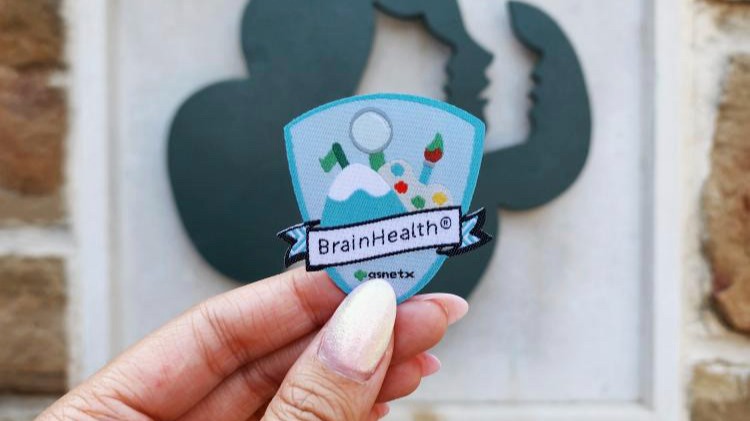Curiosity Is Key for Keeping Your Memory in Top Shape as You Age—Here Are 4 Exercises That Are Better Than Brain Games

Well+Good
Francesca Krempa
Share this article
Jennifer Zientz, MS, CCC-SLP
Director of Programs and Head of Clinical Services Center for BrainHealth
RELATED INFORMATION

Make Your Brain Smarter: Increase Your Brain's Creativity, Energy, and Focus
Based upon decades of cognitive research, Make Your Brain Smarter by Sandra Bond Chapman, PhD, is the ultimate guide for keeping your brain fit during each decade of your life.

New Girl Scouts Patch Focuses on Brain Health to Spark Curiosity, Creativity and Courage
Girl Scouts of Northeast Texas (GSNETX) and Center for BrainHealth have partnered to bring the BrainHealth Patch Program to Girl Scouts of all levels, empowering girls to focus on brain health while promoting possibility thinking and social resilience.

Brain Health, Neuroplasticity and Productivity Boosting
Julie Fratantoni, PhD, discusses how low toxic living can boost your brain health in episode 23 of the Lifelong podcast. Topics include breathing techniques, habit formation, and how to leverage behavioral science to increase focus and productivity.